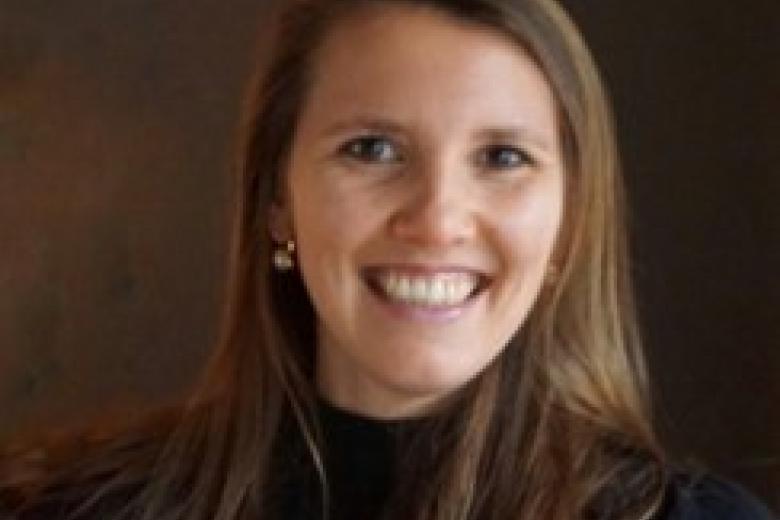Maastricht science talent does research in Australia with Rubicon grant
Imre Kouw, who received her PhD from Maastricht University in 2018, is one of 18 Dutch science talents selected to conduct research at institutes abroad with a Rubicon grant from the Dutch Research Council (NWO). The Rubicon programme offers young, promising scientists the chance to gain international experience. Imre Kouw will be putting her research proposal into practice in Adelaide, Australia.
Imre Kouw studies the effects of artificial nutrition on patients in intensive care. Artificial nutrition is often delivered non-stop, partly for logistical reasons and to control blood sugar levels. Yet it is known that eating 24/7, without a period of fasting between meals, has negative health effects in healthy people. In Australia, Kouw will conduct research on the effects of regular tube feeding on blood sugar levels and digestion in IC patients: ‘I would like to mimic the normal, healthy situation of three to four meals a day, to see the effect on the emptying of the stomach, for example, or on the release of hunger and satiety hormones, or on muscle mass.’
Kouw obtained her doctorate at Maastricht University with Professor Luc van Loon. She is currently completing her postdoctoral research in the field of intermittent fasting at the Australian Catholic University in Melbourne. From June, she will be putting her Rubicon grant to use at the ultramodern Royal Adelaide Hospital. ‘Complex physiological research is conducted there on nutrition in IC patients,’ Kouw says. ‘What’s more, the research techniques and expertise applicable to my research are optimal.’
Top institutes
For many scientists, experience abroad is an important step in their careers. The Rubicon grant enables young researchers to conduct studies at top institutes such as Stanford and Harvard. Of the 74 researchers who applied last year, 18 have recently been awarded a grant. Ten are going to the United States, two to Italy, two to Germany, and the remaining four to highly regarded institutes in Australia, Switzerland, Canada and Belgium.
With a Rubicon grant, scientists are able to conduct research at an institute abroad for up to 24 months. The amount of funding depends on the destination and the duration of the stay. NWO awards grants to around 60 young researchers a year in the Rubicon programme, with a total amount of seven million euros divided over three rounds.
Also read
-
No evidence of brain damage caused by severe COVID-19
Patients admitted to hospital due to a severe COVID-19 infection exhibit no evidence of brain damage caused by the disease. This is the conclusion of an extensive study led by Maastricht University.

-
Cold shivers?
Due to the Western lifestyle with a high fat diet combined with little exercise, more and more people in the Netherlands are overweight or even obese. This causes an increased risk of type II diabetes. What can be done about this besides a healthier lifestyle? The answer comes from an unexpected...

-
Quantity and Quality
Survivors of colon cancer often have symptoms associated with the cancer or treatment for years after treatment, such as fatigue and tingling in fingers and feet. This has a great impact on the perceived quality of life. Whereas current lifestyle advice is mainly aimed at prevention of (colon)...
